
How Does Shea Butter Connect to Ancestral Hair Care?
Shea butter connects to ancestral hair care as a time-honored, natural emollient, deeply integrated into practices for textured hair health and heritage.
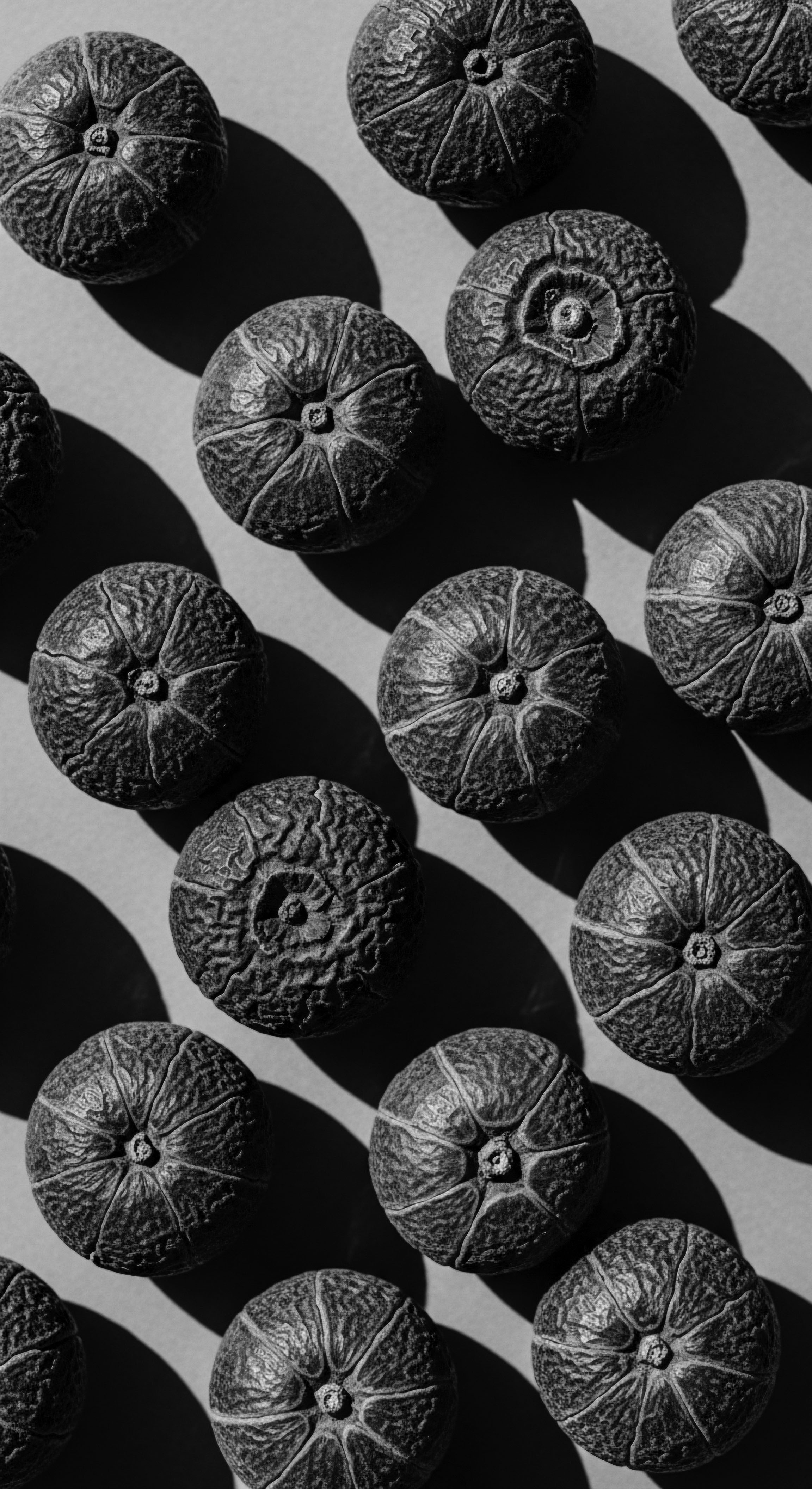
How Did Traditional African Hair Practices Shape Community Identity?
Traditional African hair practices served as living blueprints of community identity, communicating status, heritage, and spirituality through intricate styles and rituals.

What Is the Role of Hair in Black Identity?
Hair in Black identity is a living archive, intricately linked to textured hair heritage as a symbol of cultural continuity, resilience, and profound self-definition.

How Do Ancestral Practices Guard Textured Hair?
Ancestral practices guard textured hair by emphasizing protective styling, natural emollients, and holistic wellness, deeply rooted in heritage.

How Does Historical Hair Care Shape Current Practices?
Historical hair care, deeply rooted in ancestral practices, continues to shape current routines by influencing product choices and styling traditions.
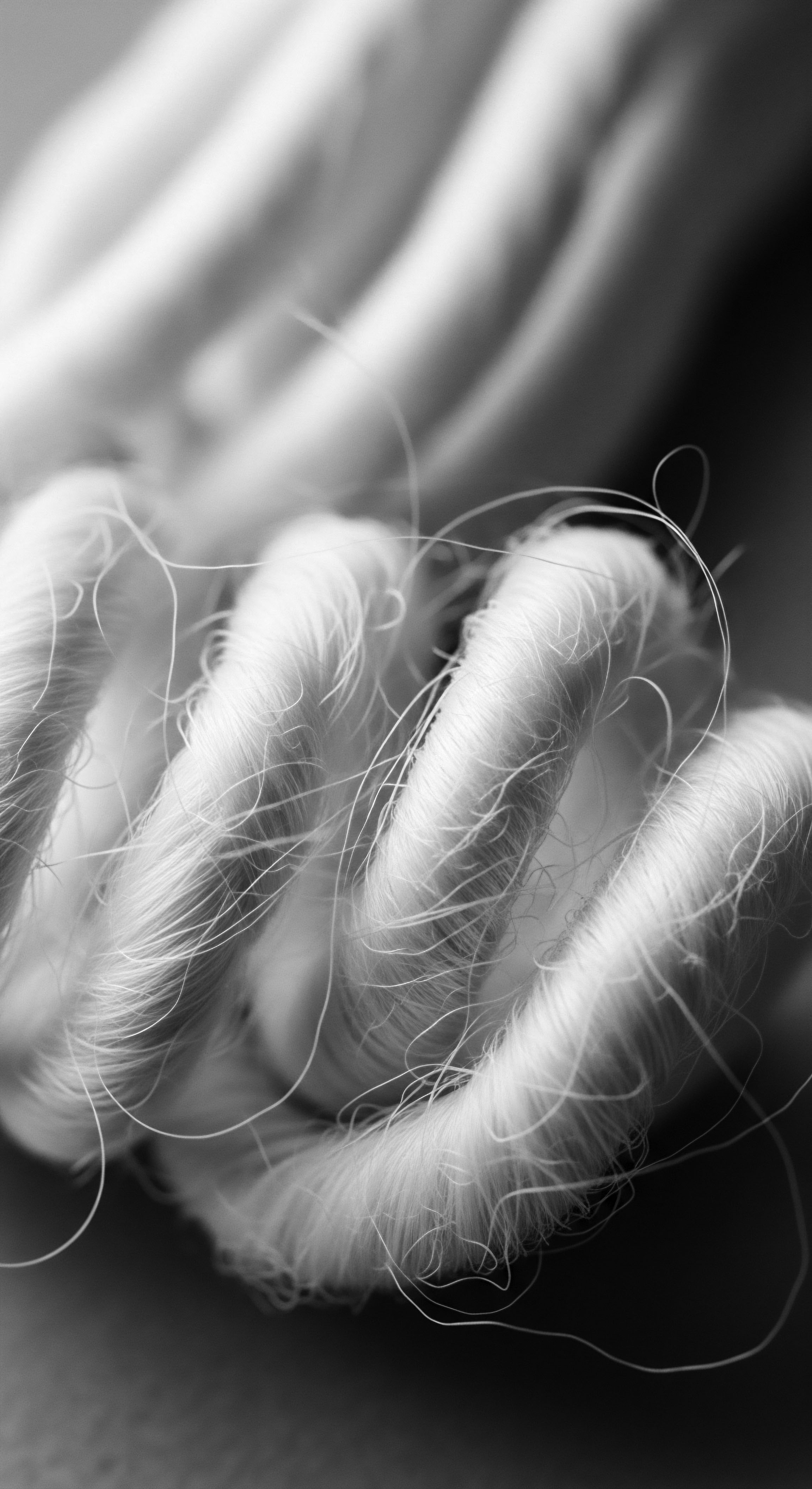
What Historical Botanical Practices Still Shape Modern Textured Hair Care Routines?
Historical botanical practices offer foundational knowledge for modern textured hair care routines, preserving ancestral wisdom.

How Do Modern Scientific Understandings Validate Ancestral Protective Hair Care Practices?
Modern science validates ancestral hair care by revealing biological reasons for traditional protective practices, honoring textured hair heritage.
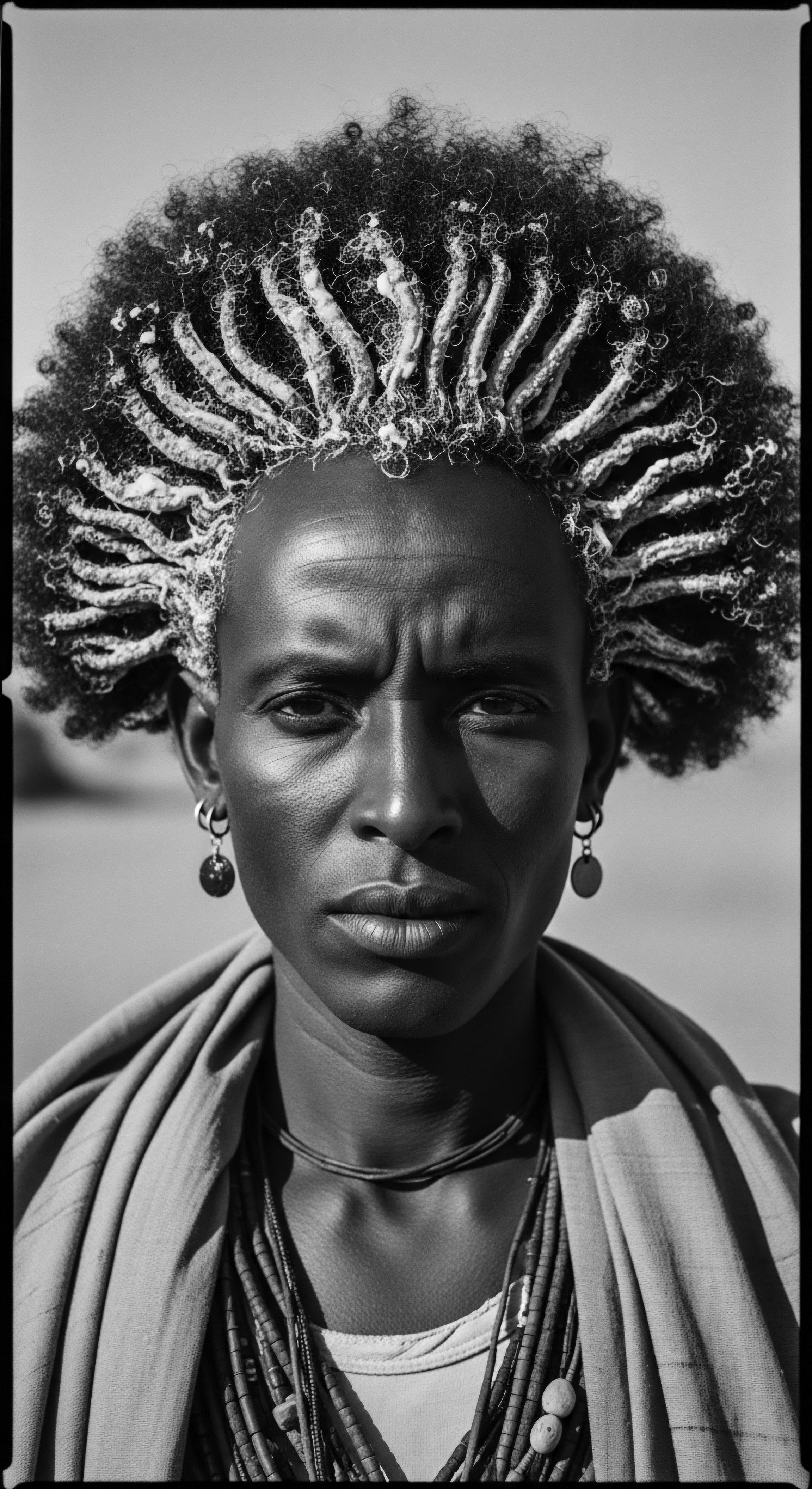
What Historical Ingredients Shaped Textured Hair Cleansing Today?
Historical ingredients like African Black Soap and natural clays shaped textured hair cleansing by embodying deep ancestral heritage and holistic care principles.

How Did Ancient African Communities Use Natural Oils for Hair?
Ancient African communities used a diversity of natural oils to nourish, protect, and adorn textured hair, reflecting deep cultural heritage.

How Does Hair Connect Community?
Textured hair physically and culturally binds communities through shared ancestral care practices, collective identity, and resilience.

How Do Hair Rituals Define a Community?
Hair rituals within textured hair communities serve as enduring links to ancestral heritage, defining identity, transmitting knowledge, and embodying resilience.

Why Does Textured Hair Require Special Care Traditions?
Textured hair requires special care traditions because its unique biological structure necessitates specific hydration and protective approaches, deeply rooted in ancestral heritage.

Can Modern Science Explain the Effectiveness of Ancient Hair Remedies for Textured Hair?
Modern science confirms the deep efficacy of ancient hair remedies for textured hair, rooted in ancestral knowledge and heritage.

How Did Clay Help Textured Hair?
Clay historically aided textured hair by cleansing, detangling, and fortifying strands, connecting deeply to heritage and ancestral practices.

How Did Ancestral Wisdom Shape Textured Hair Rituals?
Ancestral wisdom shaped textured hair rituals through deep environmental attunement, natural resourcefulness, and profound cultural symbolism.

What Ancestral Practices Influence Modern Textured Hair Wellness and Identity?
Ancestral practices deeply influence modern textured hair wellness by providing foundational wisdom for care and connecting identity to a rich, enduring heritage.

What Scientific Principles Affirm Traditional Hair Oiling Heritage?
Traditional hair oiling for textured hair is affirmed by scientific principles that enhance moisture, strength, and scalp health, echoing ancestral wisdom.

How Can We Better Preserve Traditional Textured Hair Practices?
Preserving traditional textured hair practices requires honoring ancestral wisdom and integrating it with modern understanding to celebrate heritage.
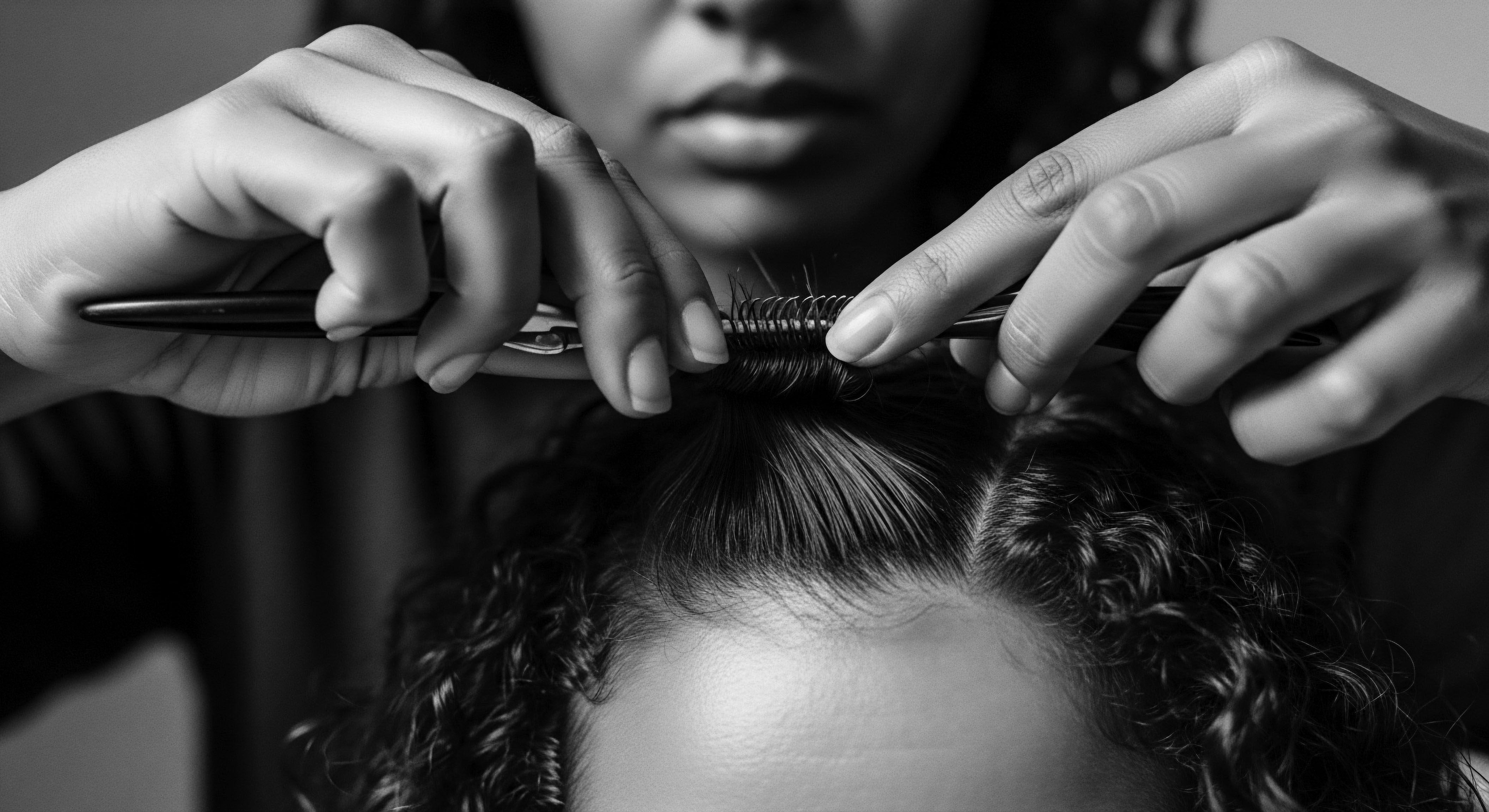
What Is the Scientific Basis for Oils Helping Textured Hair Retain Moisture?
Oils create a protective film and can penetrate textured hair strands, reducing moisture evaporation and strengthening hair, mirroring ancestral practices.

What Ancestral Wisdom about Botanicals Continues to Guide Textured Hair Wellness Today?
Ancestral botanical wisdom guides textured hair wellness by providing time-honored remedies for moisture, strength, and cultural identity.

What Ancient African Clay Practices Influenced Textured Hair Resilience?
Ancient African clay practices fortified textured hair resilience through mineral enrichment, UV protection, and gentle cleansing, connecting directly to cultural heritage.

Which Historical Practices Address Textured Scalp Dryness?
Historical practices addressing textured scalp dryness often relied on nutrient-rich plant oils, butters, and gentle cleansers, deeply connected to textured hair heritage and ancestral wisdom.

What Ancestral Materials Formed Early Textured Hair Combs?
Early textured hair combs were crafted from abundant natural materials like wood, bone, ivory, and shell, reflecting a profound heritage.
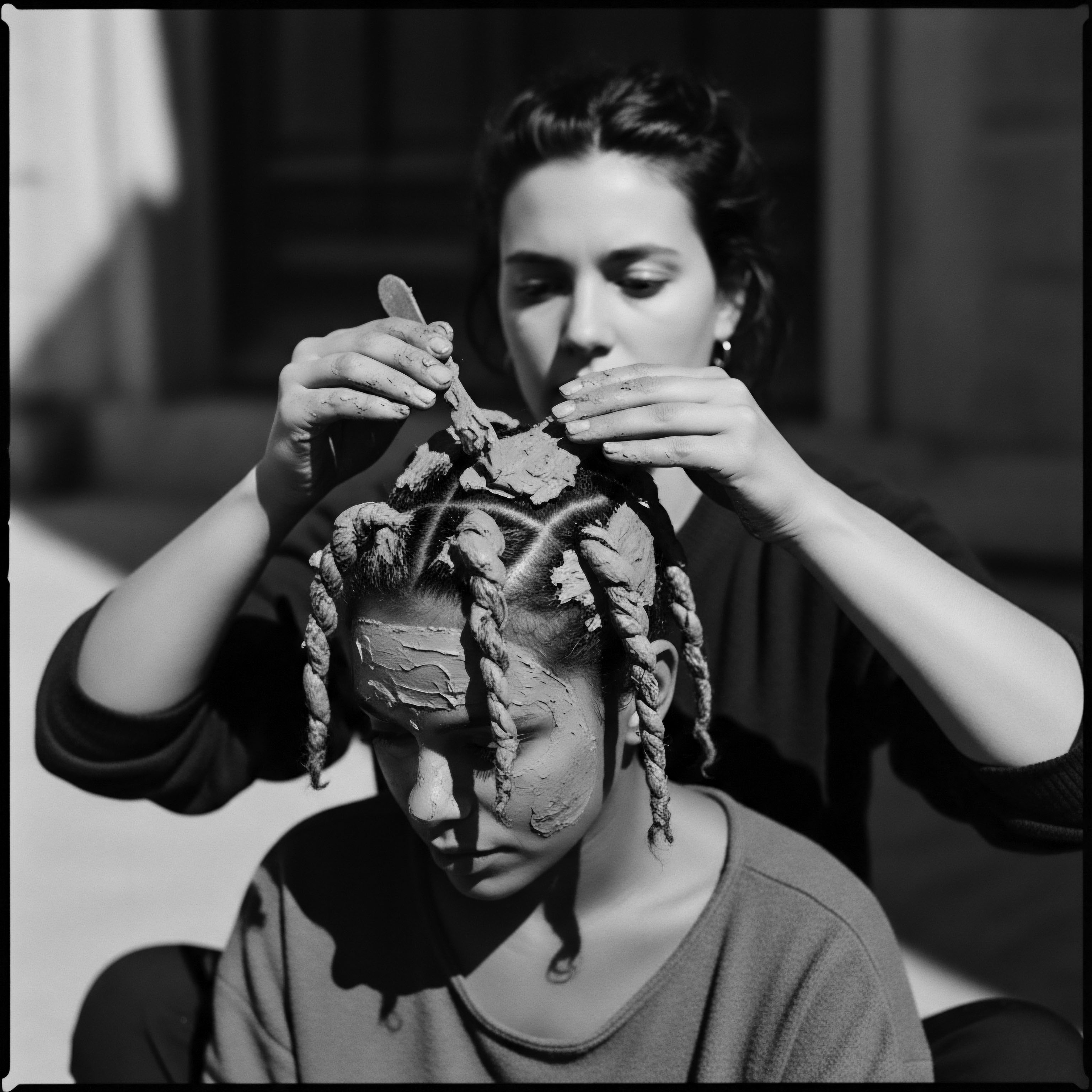
Why Do Traditional Protective Styles Remain Significant for Textured Hair Health?
Traditional protective styles safeguard textured hair, echoing ancestral wisdom of care and preserving cultural heritage.

Can Historical Hair Remedies Inform Current Textured Hair Care Practices?
Historical hair remedies offer profound insights into modern textured hair care, deeply rooted in ancestral wisdom and unique biological needs.

How Do Oils Support Moisture Retention in Textured Hair?
Oils support moisture retention in textured hair by forming protective barriers and penetrating strands, a core principle passed down through ancestral care rituals.
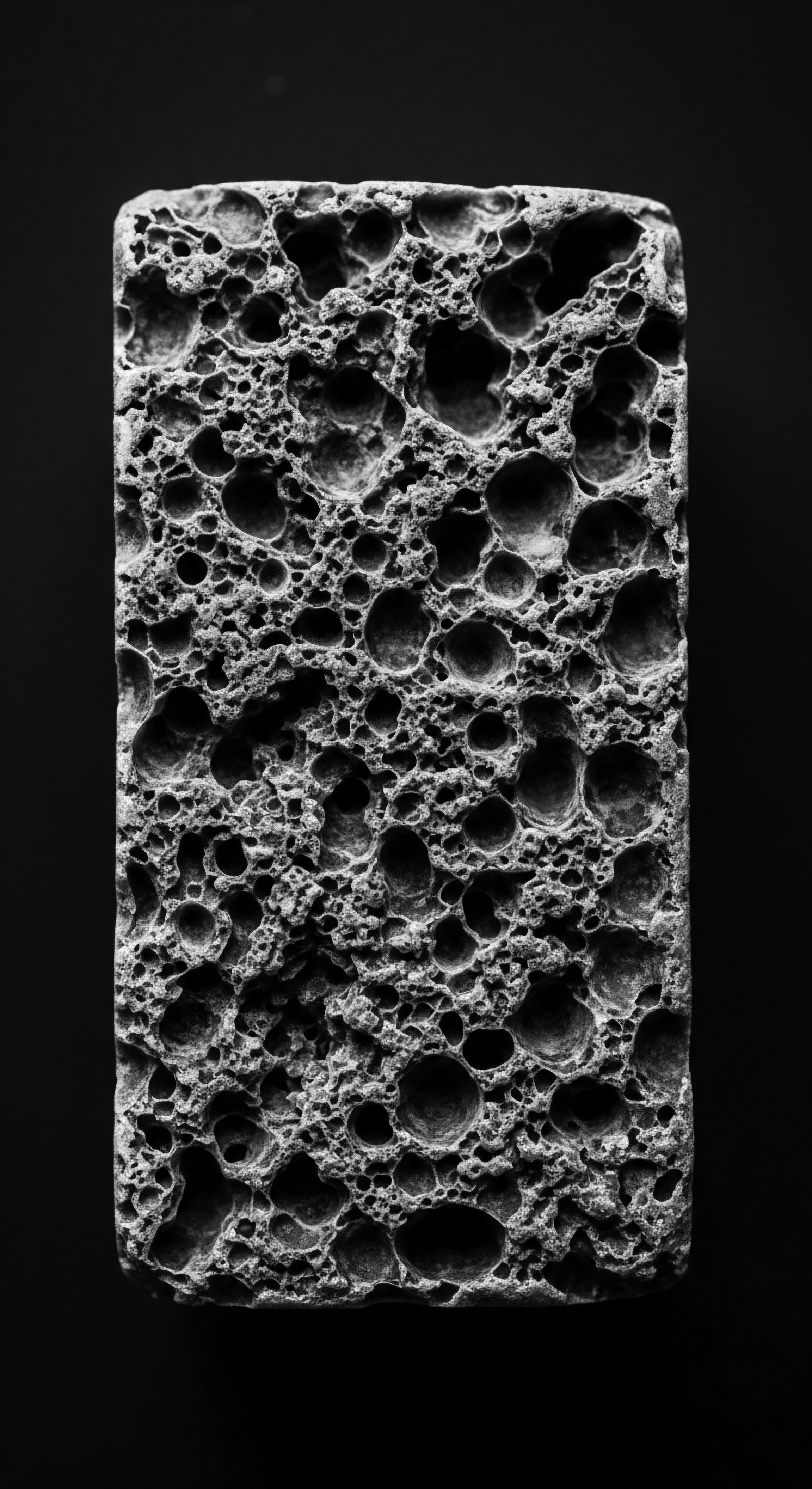
Can Science Explain the Ancestral Benefits of Oils on Textured Hair?
Science validates ancestral oils protect textured hair by sealing moisture and reinforcing its unique structure.

What Historical Significance Do Traditional Hair Care Rituals Hold for Contemporary Textured Hair Practices?
Traditional hair care rituals reveal a deep heritage, offering blueprints for contemporary textured hair practices and identity.

Can Historical Hair Care Traditions Teach Us about Textured Hair Health Today?
Historical hair care practices offer crucial insights into textured hair health by revealing a deep, intuitive science rooted in ancestral heritage.

